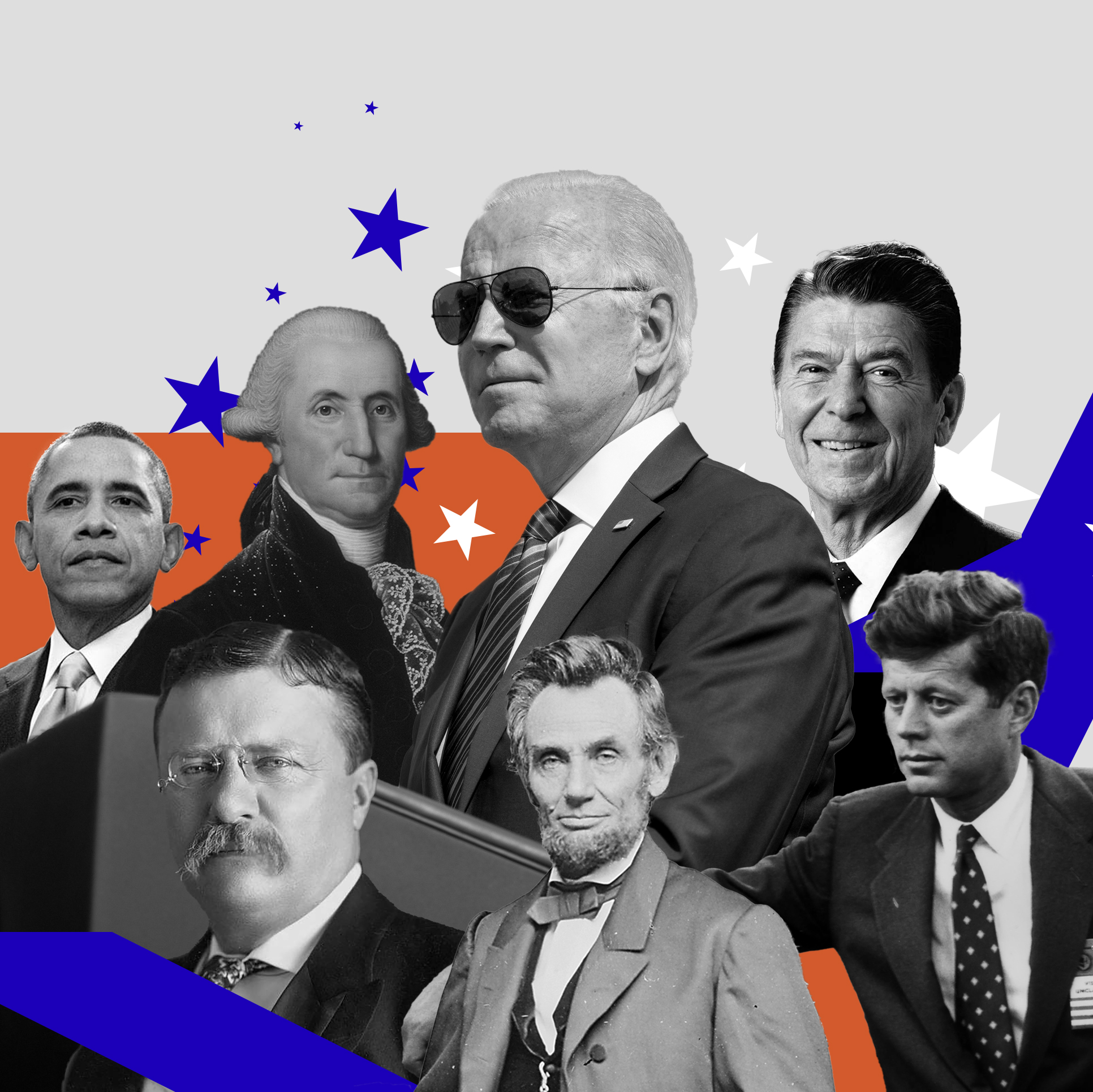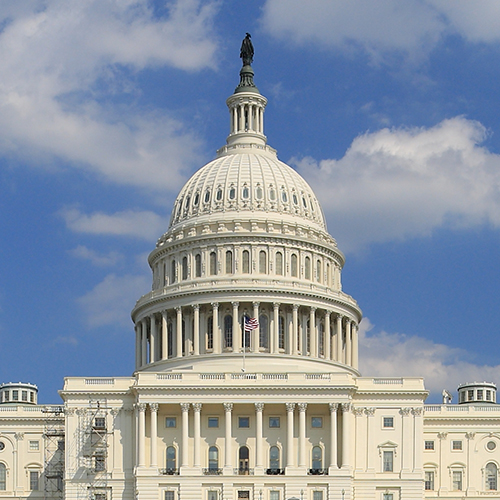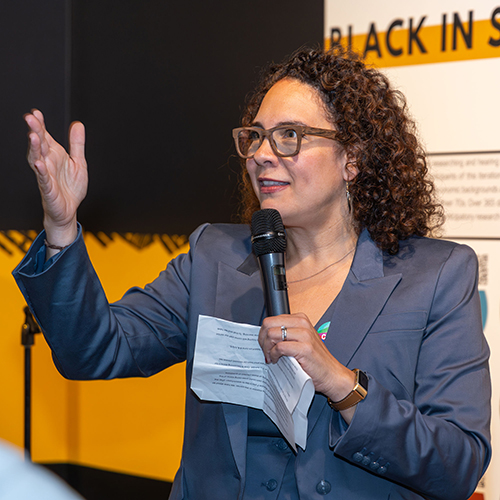On a research ship at sea, there’s a story around every corner. And Katherine Turner and Carlos Javier Sanchez are determined to share as many as possible.

Turner and Sanchez, students in the Department of Communication’s Master of Communication in Digital Media (MCDM) program, boarded a UW research vessel in August and spent two weeks at sea, joining scientists on Enlighten '10, a mission to explore future sites for laying fiber optic cables as part of a major research initiative. The students’ job: to serve as the ship’s storytellers. The students were invited to participate by Robert Morris, assistant professor of oceanography, who was familiar with MCDM and its focus on storytelling.
“I saw this as a way to capture a broader audience and get prospective students interested in oceanography,” says Morris. “Sharing fun and interesting stories about our research works a lot better than talking at people, telling them why they should be interested.”
To that end, Turner and Sanchez took photos throughout the journey and filmed and edited half a dozen videos, which they uploaded to the web while they were still on board. Now they are finishing two longer, more polished videos as a final project: one about the Enlighten '10 mission, the other focusing on the work of Morris’s lab as an example of the research that takes place at sea.

The pair has worked closely with Morris throughout. “On the ship, there was a lot of back and forth,” says Turner. “We could bounce ideas off of him, and we showed him all of our drafts to be sure we were accurately representing what they were trying to do.”
Morris also paved the way for the MCDM students to interact with others on board, many of whom were wary of non-scientists lugging cameras and video equipment. “Bob was good at letting people know that we were master’s level students and this wasn’t our first rodeo,” recalls Sanchez. “Finally, when people got to see what we were doing, they got it. They understood that our goal was to help them communicate to a broad audience.”
They not only understood, they wanted in on the action, says Morris. “The same people who were skeptical at first were so won over by Katherine and Carlos that they would pull them over, saying, ‘Come here! Film this!’,” he recalls. “It was pretty funny.”
With 20 scientists on board, as well as 5 undergraduates in an oceanography course, there was always something interesting to film. Some scientists were mapping the seafloor with the help of JASON, a remotely operating vehicle (ROV) with a high-definition camera attached. Their aim was to map the site—an active, underwater volcano 200 miles west of Newport, Oregon—as a future location for fiber optic cables that will transmit live HD video on a continual basis. Other research ranged from a study of the light sensitivity of microbes, to flow rates from hydrothermal vents, to an exploration of sounds produced by the vents.
Turner and Sanchez tried to capture as much of the ship’s activity as possible, while still carving out time for editing their footage and, briefly, sleeping. “With two people, one can be shooting while the other is editing, so you can be covering things all the time,” says Turner. “I would edit during the day until midnight, with Carlos constantly feeding me footage. Then Carlos would continue editing after I went to bed. First thing in the morning, I’d continue editing.”
In addition to the exhausting schedule, the pair had to contend with filming under restricted conditions while taking care not to hinder the research itself. “We wanted to get the best shot, but also had to be careful about not getting in the way,” says Sanchez. “We’d crawl into holes, in strange positions, to get a shot. You had to do that or you wouldn’t get what you needed.” The pair was so good at blending into the woodwork that the scientists were sometimes surprised to see footage later, unaware that the MCDM students had been filming.
By the end of the two-week trip, the pair had covered everything from the ship’s departure to the undergraduate experience on board. Now Turner and Sanchez are each preparing their more polished pieces as a culminating project for their master’s program.
“In the end, this project is not about any of us individually,” says Sanchez. “It’s about getting young people involved in research. To me, that was the best part—all the different components that came together to tell these really cool stories. It’s an experience that doesn’t come along very often.”
More Stories

Is This Presidential Campaign Different?
UW History professor Margaret O'Mara provides historical context for this moment in US presidential politics.

Making Sense of This Political Moment
To navigate this momentous election season, Arts & Sciences faculty suggest 10 books about the US political landscape.

Interrupting Privilege Starts with Listening
Personal stories are integral to Interrupting Privilege, a UW program that leans into difficult intergenerational discussions about race and privilege.